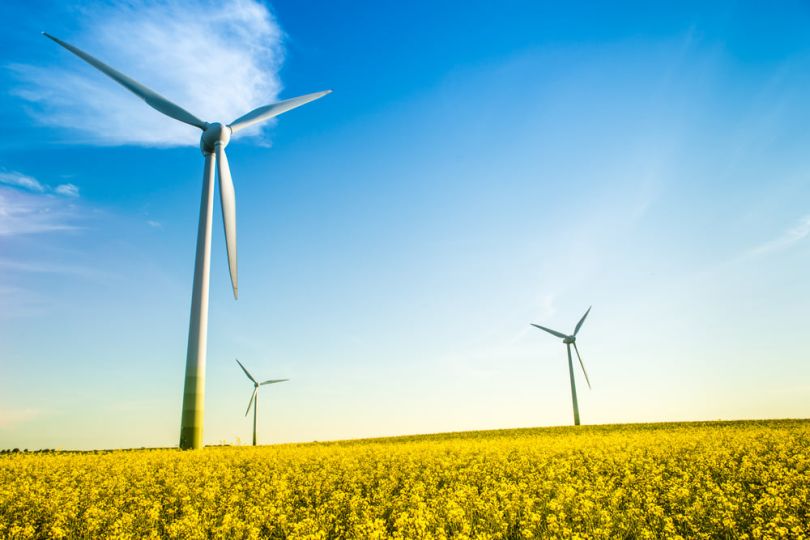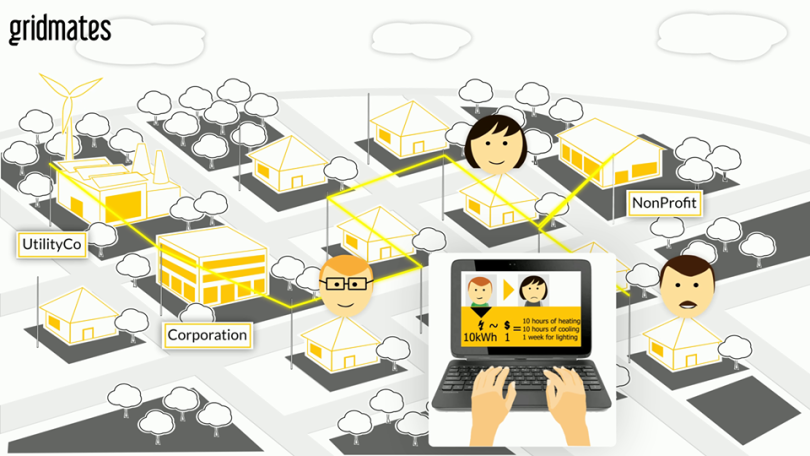
While definitions of “cleantech” may vary depending on who’s doing the explaining, a leading clean energy research firm, Clean Edge, translates it this way: "a diverse range of products, services, and processes that harness renewable materials and energy sources, dramatically reduce the use of natural resources, and cut or eliminate emissions and wastes."
Covering a lot of ground, those parameters incorporate a host of possibilities, quite a number of which were recognized at SXSW Eco’s startup showcase this year. The event would have been hard-pressed to hold itself in a better city than Austin, particularly with the presence of the Austin Technology Incubator (ATI), which boasts itself as “one of the longest established energy and cleantech incubation programs in the nation.” ATI’s home at the University of Texas at Austin is appropriate, too, given the UT system’s claim of doing more energy research than any other university in the world.

An example of what’s coming out of ATI:
Water Lens, which “enables real-time and accurate onsite testing of drilling fluids and frac water for a host of contaminants or interfering constituents,” building on technology from UT Austin. Water Lens’ sensory-laden testing trays give oilfields service, chemical and water recycling companies rapid access to the data they need to know if water is treatable or must be disposed of. The company’s goal is to replace the error-prone test kits previously used in those industries and maximize the efficiency of the testing process, and in doing so, conserve massive amounts of water.

Operating outside of the ATI pack is
GridMates, out of Austin’s International Accelerator. Put simply, the SXSW Eco cleanweb finalist helps people share energy. Using Gridmates’ cloud platform and ecosystem, utilities providers can provide add-on services to low income households and non-profit organizations; in doing so, it seeks to “eliminate energy poverty” through peer-to-peer energy sharing.
And then there’s
Curb, which offers real-time energy tracking via a “heartbeat” and provides tools and analytics to help users monitor and manage the impact of their actions. For people who aren’t sure what portions of their energy usage are the most wasteful, Curb gives them a detailed breakdown of the areas and devices using the most energy, as well as quick and easy tips to show them where they could cut back and reminders help keep them on track.
With the realities of climate change and economic disparity creating a growing global concern about the availability of clean water, accessible energy and other building blocks of the comforts of life we enjoy, cleantech companies are becoming more a necessity than perhaps ever before. We’re interested to see how these startups’ products and services develop further as the companies grow.







